Critical Essays Archive
Friendship and Redemption in Veronica

In contemporary literature, Mary Gaitskill stands out for her unapologetically sexual and taboo themes. Her work is easily characterized as gritty and explicit; it also, however, offers nuance and heart while considering questions of how people pursue pleasure and at what cost.
Reading City Without People: The Katrina Poems in an Isolated New Orleans
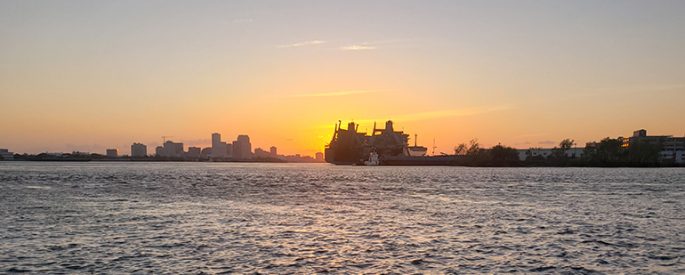
There’s a line in Niyi Osundare’s 2011 book that goes, “Enia lasoo mi,” which translates from Yoruba to English as, “People are my clothes.” Waking up to a seemingly emptied New Orleans, Christopher Romaguera had that line on his mind.
Reading Letters Summer 1926: Boris Pasternak, Marina Tsvetayeva, Rainer Maria Rilke
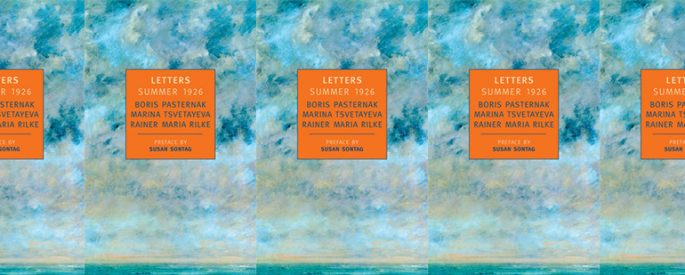
In the summer of 1926, Rilke, Pasternak, and Tsvetayeva are poised on the brink of disaster, but instead of anticipating it, or of dwelling on what may come, they write. Their letters attest to a febrile, almost frenzied creative period.
One Hundred Years Later: The Dark Predictions in This Side of Paradise Have All Come True
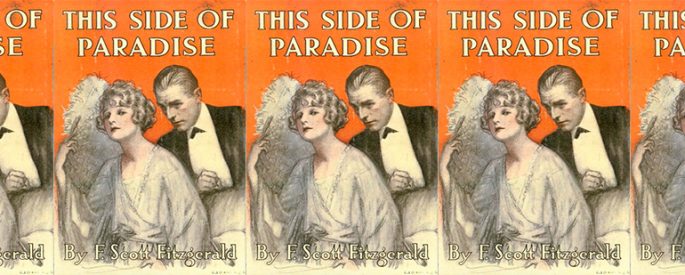
A century after its publication, the omens of disillusion and discontent, of economic unease, of rebellious divisions within F. Scott Fitzgerald’s novel—they all seem more urgent and more dangerous with every re-reading.
The Many Voices of Memory in The Magical Language of Others
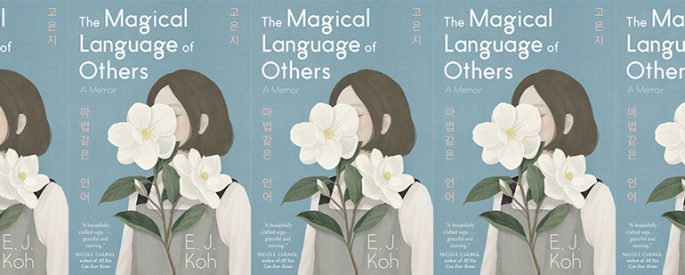
While a memoir can often feel myopic or even self-indulgent, Koh’s presents clearly the truth that is tucked between the pages of all memoirs—that all of us are pieced together by a multitude of stories told to us and that we, in turn, tell to others.
Sorrow and Persuasion
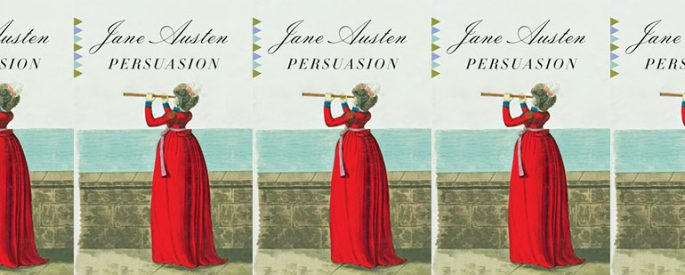
The quiet, steadfast heroine of Jane Austen’s final novel, Anne Elliot, has lived a life of much sorrow. After my mother’s death, the melancholy of her character offered me a safe way to experience the sorrow and loneliness that I otherwise kept at bay.
Forensic Architecture and César Aira’s Ghosts
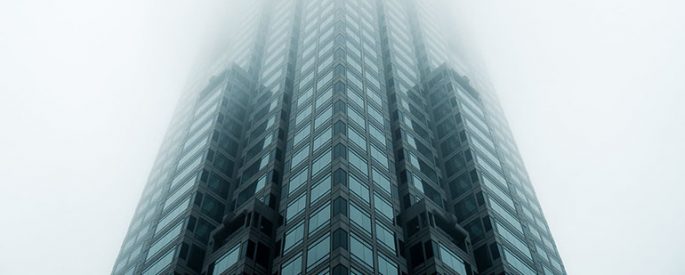
In essence, Aira says that architecture is a language, a manifestation of our unconscious into reality; it is a diorama of our humanity, rendered in miniature form, shaped by our dreams. So what should we make of the dreams of architects who create buildings of inequity?
Three Poems of Ordinary Exuberance for Uncertain Times

Eileen Myles’ “Peanut Butter,” Jane Hirshfield’s “My Species,” and Robert Frost’s “Birches” each use plainspoken vocabulary and domestic imagery to branch outwards towards life’s most urgent questions; each poem locates itself in small, particular moments of bliss and wonder.
The Cozy Horror of the Fairytale Mode in The Pillowman
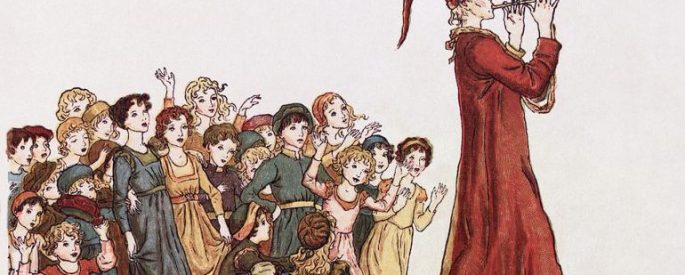
The line between fairytale and other narrative modes is one between distance—emotional and temporal—and immediacy. Martin McDonagh’s 2003 work consistently plays across this line, retreating from and then suddenly foregrounding moments of visceral horror.
Rachel Carson’s Toxic Inheritance

Carson’s invocation of the idea of an American pastoral penetrated by a dangerous, toxic presence is, as Lawrence Buell points out, neither new nor confined to ecological writings—or even American writings. Buell does, however, name the publication of Carson’s most famous book as the effective beginning of “toxic discourse.”